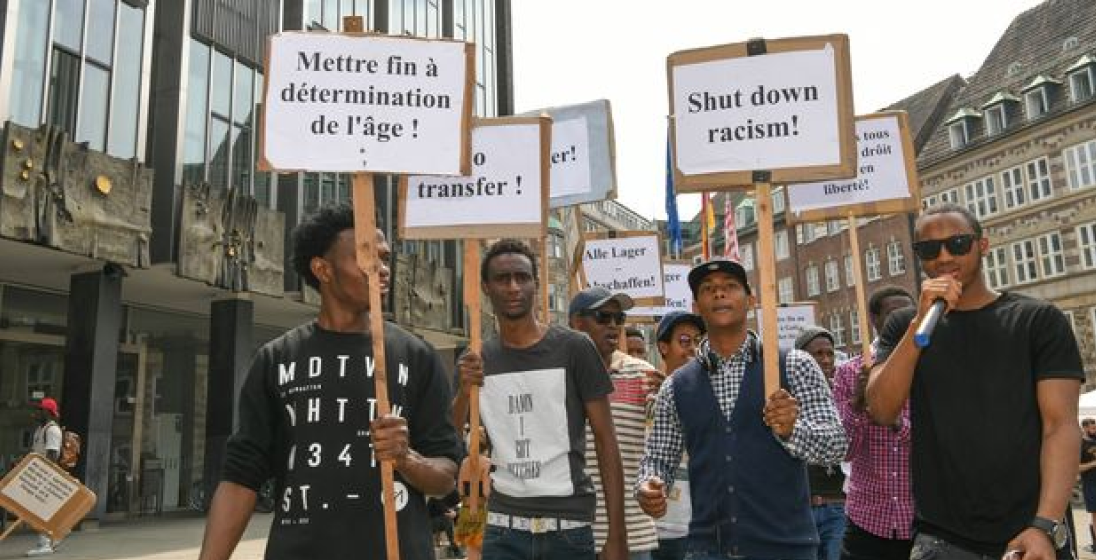
Situating age determination in post-colonial relations
What is the impact of colonialism and racism on the idea and practice of migration and age determination today? We analyze the relationship between colonial economic relations involving Bremen and the legal and medical categorizations of non-European migrants as non-citizens.
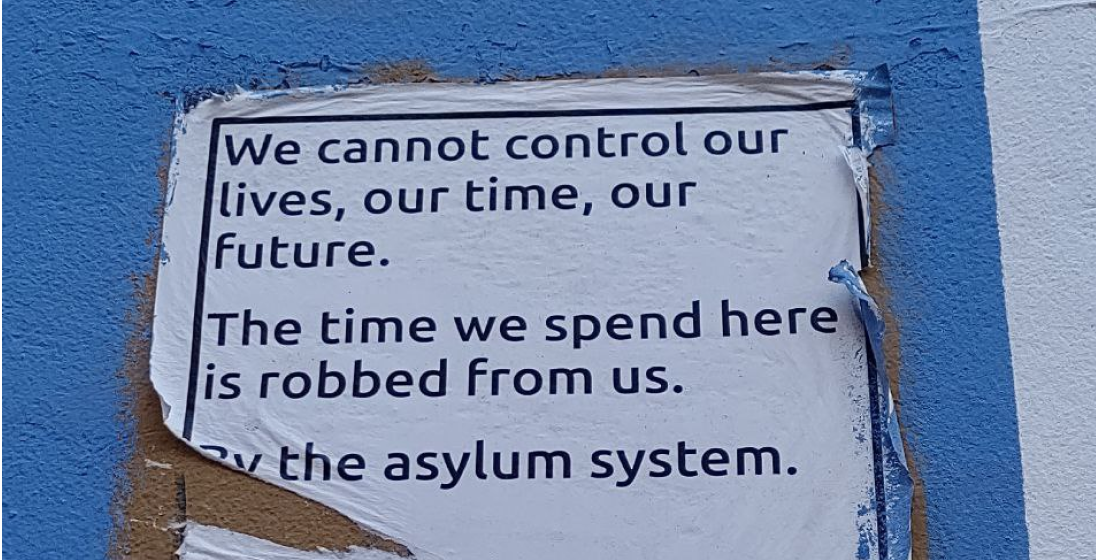
The consequences of age determinations
What are the consequences of the process of age determination on people's lives when they are assessed as “adults”? What does deportability feel like?
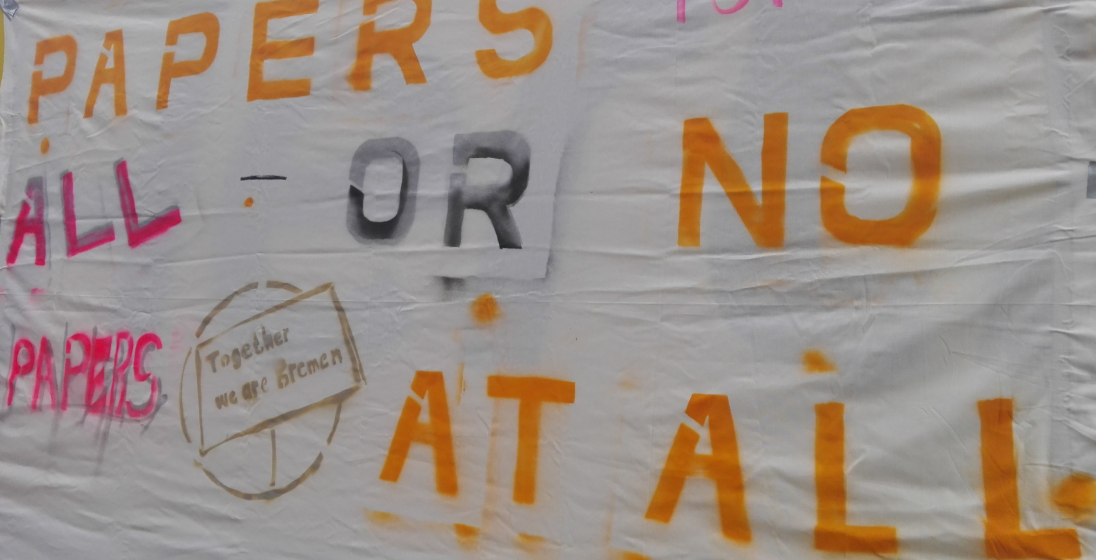
Visions and dreams for our future
How do people envision their personal and our common future? In this part, we share their visions: from abolishing age estimations, to more human connection beyond racist discriminations, to personal dreams.
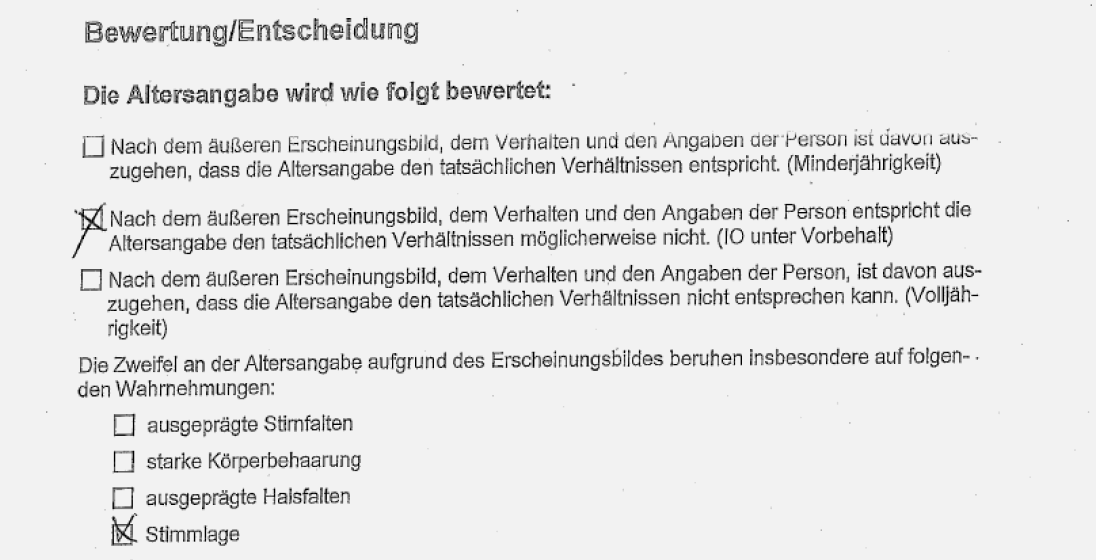
The procedure of age estimations
For estimating migrants' ages, the youth welfare services first interview them in a so called “visual inspection” (“qualifizierte Inaugenscheinnahme”). If there are doubts or if the migrants request it, a medical age estimation is carried out. There, forensic doctors take X-rays, MRI or CT scans of people's teeth, collarbones and hands. How do migrants experience and analyze this?
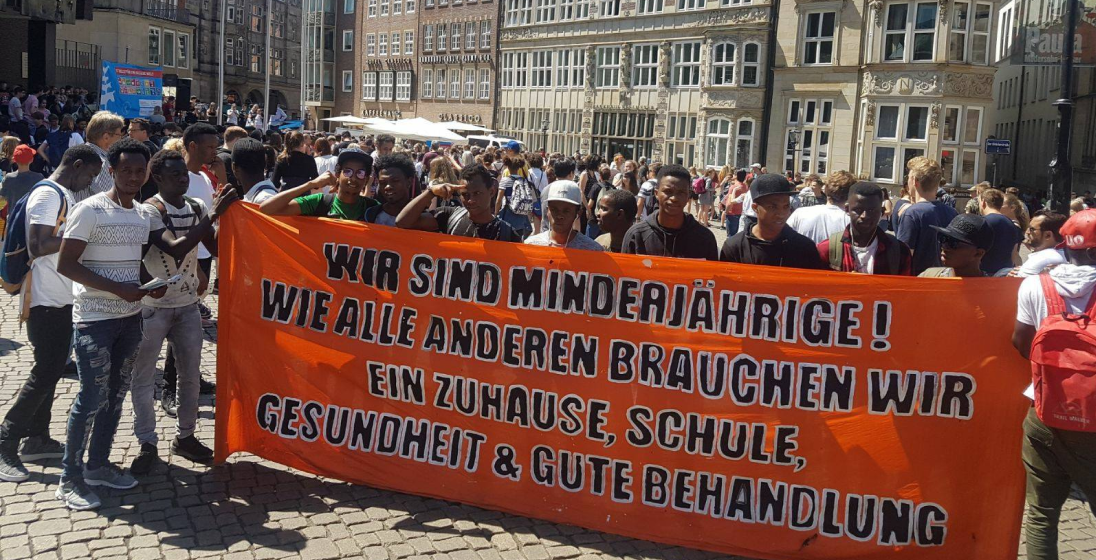
Resisting and coping with age estimations
Refugees are fighters. Surviving wars, the impact of climate change in their home countries, oppressive regimes, the Sahara desert and the dinghies to the shores of Europe. The resistance goes on in Europe, as refugees raise their voices to demand their rights to be recognised and to have equal opportunities. What are their strategies of coping with the extreme effects of age determinations and the border regime? How do they engage in solidarity with and for each other?